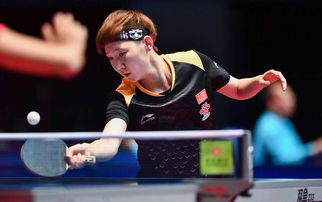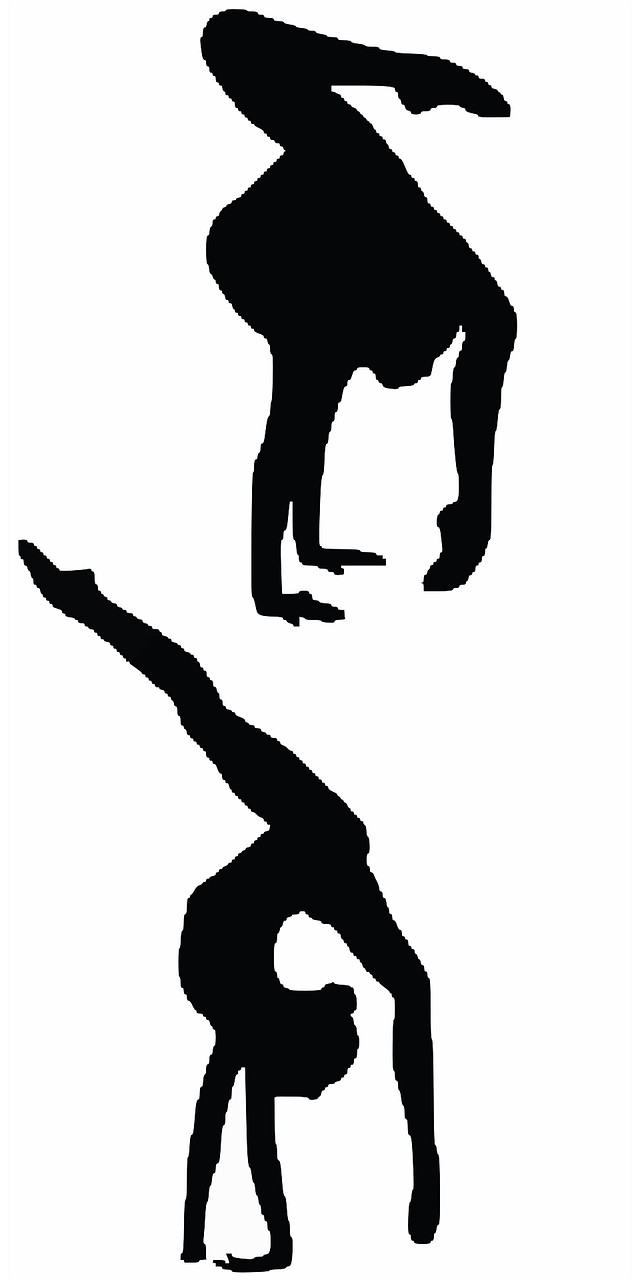我放学后不能打乒乓球英语
Title: AfterSchool Ping Pong: Benefits and English Vocabulary
Playing ping pong after school offers numerous benefits beyond just recreation. Let's explore the advantages and some essential English vocabulary related to this popular sport.
Benefits of AfterSchool Ping Pong:
1.
Physical Exercise:
Ping pong requires constant movement, improving cardiovascular health, enhancing muscle strength, and promoting overall fitness.2.
HandEye Coordination:
The fastpaced nature of ping pong sharpens handeye coordination, crucial for various daily tasks and sports activities.3.
Mental Agility:
Playing ping pong involves quick thinking, strategic planning, and splitsecond decisionmaking, enhancing cognitive abilities and reflexes.4.
Social Interaction:
Engaging in afterschool ping pong fosters camaraderie, teamwork, and sportsmanship, providing opportunities to make new friends and strengthen existing relationships.5.
Stress Relief:
Ping pong offers a fun and enjoyable way to relieve stress and unwind after a long day of classes, promoting mental wellbeing.English Vocabulary Related to Ping Pong:
1.
Racket/Paddle:
The instrument used by players to hit the ping pong ball. It consists of a handle and a flat surface covered with rubber.2.
Ping Pong Ball:
The lightweight celluloid or plastic ball used in the game, typically white or orange in color, with a diameter of 40mm.3.
Table Tennis/Table:
The sport's official name is table tennis. Players compete on a specialized table divided into two halves by a net.4.
Serve:
The action of initially hitting the ball to start a point. It must be struck from an open palm above the table's surface and reach the opponent's side.
5.
Forehand/Backhand:
Two primary types of strokes in ping pong. The forehand stroke involves hitting the ball with the front side of the racket, while the backhand stroke uses the back side.6.
Spin:
The rotation imparted to the ball by the player's racket. Common types of spin include topspin, backspin, and sidespin, influencing the ball's trajectory and bounce.7.
Drop Shot:
A softly hit shot intended to just clear the net and land close to the opponent's side, often used to catch opponents off guard.8.
Smash:
A powerful offensive shot executed by driving the ball forcefully downward, usually in response to a high, easily attackable ball.9.
Deuce:
A tie score of 1010 or higher, requiring a twopoint advantage to win the game.10.
Match Point:
The critical point in a game where the leading player only needs one more point to win the match.Conclusion:
Engaging in ping pong after school offers a plethora of physical, mental, and social benefits. Additionally, learning the associated English vocabulary enhances communication skills and enriches the overall experience. So, next time you're at the ping pong table after classes, not only enjoy the game but also enrich your vocabulary and reap the benefits it offers.








